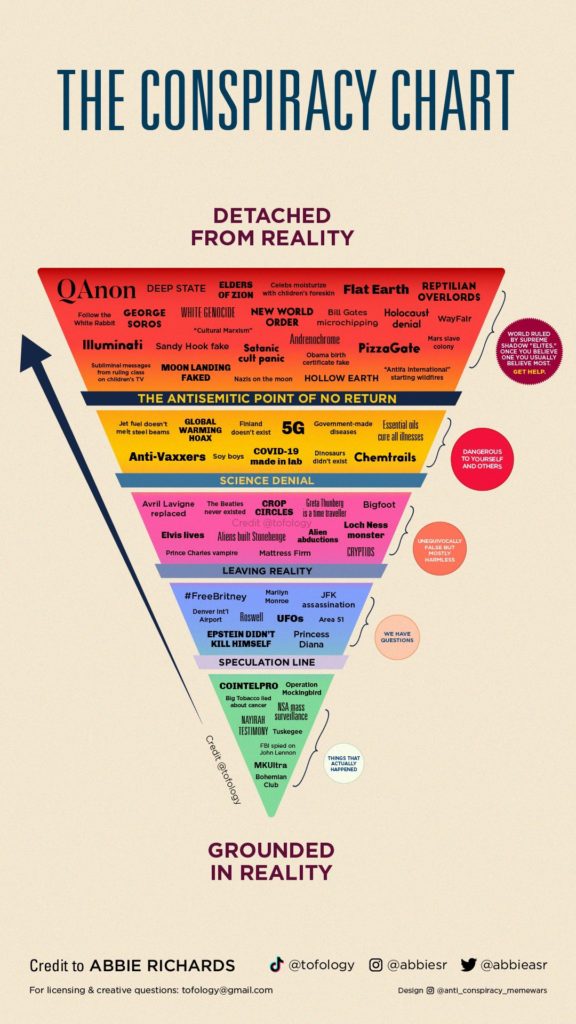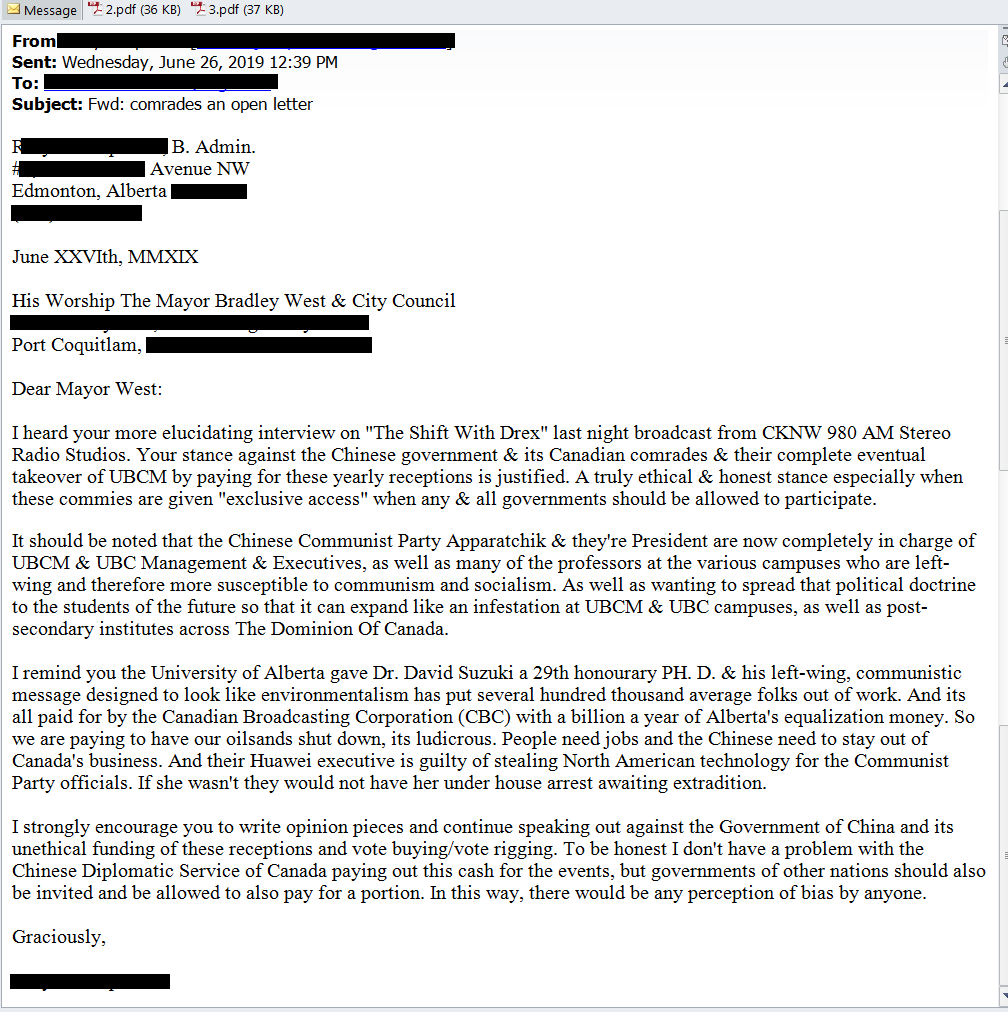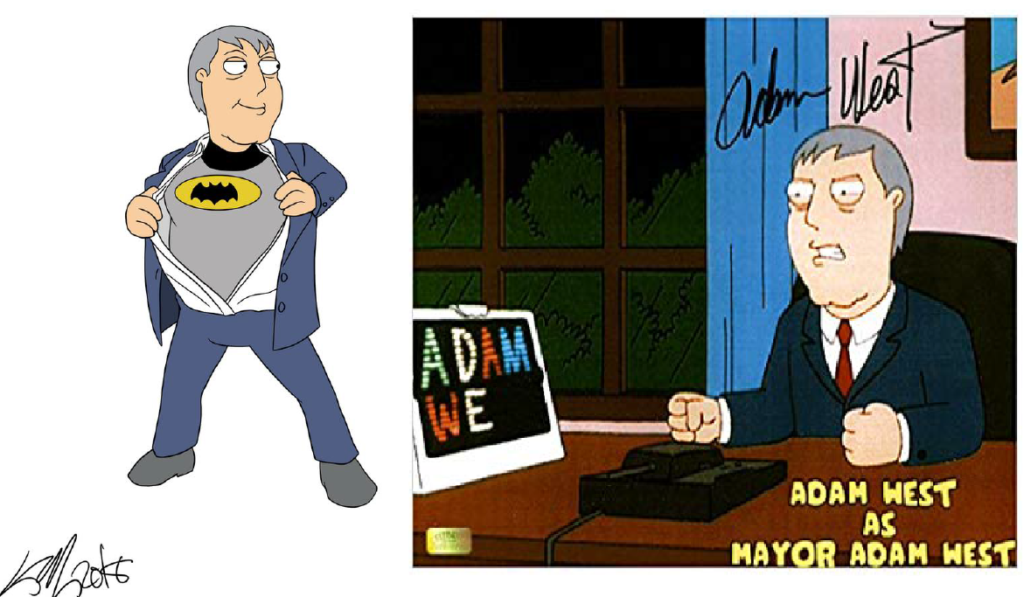I never remember feeling like this before. The bad stuff is piling up. People and governments are being tested in ways I don’t think anyone anticipated, though it was easily predicted. What’s on my mind is not the bad news happening (there has always been bad news), but in the shift in mindset about the bad news. Maybe it was Trump, maybe it was COVID, maybe it is the algorithms in our news feed or there was truth to the theory that David Bowie was holding the good in the Universe together. I don’t know the cause, but I have been thinking about how a shift in language I noticed might give insight into a change in out collective mindset, and what it means to be in a leadership role at this time.
I am involved in a few organizations that bring Local Governments together. I’m on the Executive of the Lower Mainland Local Government Association. We bring local government leaders together to network, share resources and knowledge, and advocate for the things we need (money and/or regulatory change) to make our communities work better. I am also the Chair of the Board of Directors of the Community Energy Association. We are a not-for profit with a growing professional staff that empower local and regional governments to achieve energy and emissions reductions targets, through planning support, coaching, and actual implementation of programs that move the dial on Climate Action.
In both of those organizations, we spend a lot of time strategizing the best way to serve our communities. We are both receivers and dealers in Buzz Words. In that part of the work, there has been a shift that was so subtle, I didn’t even notice at the time, and was swept up in the change such that I even changed my own language and thinking without noticing. Only with hindsight, and only recently, have I started to think about what we may have lost.
The shift is how we stopped talking about (and building towards) sustainable communities, and are now talking about (and hoping for) resilient communities. Perhaps this is not a revelation. Google “resilience is the new sustainability” and you get an awful lot of hits, most of them of the eco-marketing genre. Resilience is the new buzz, sustainability is passé.
This has been in my mind of late because [gestures to everything happening around us] and how wordshift / mindshift is not limited to those organizations above, but in communications being used by the government in face of overlapping catastrophe. The increased reliance on “resilience” as a planning idea, a community goal, a vision, means something different when you recognize just don’t talk about sustainability any more, it turns to dark thoughts.
Sustainability, use as a buzzword aside, has a clear definition that can be traced back to the Brundtland Report and can be simplified to “meeting the needs of the present without compromising the ability of future generations to meet their own needs”. There is a hope in sustainability. A vision that we can do better right now in ways that will make things better in the future. It’s planning for a prosperous future, like planting a tree under whose shade you may never personally sit. It tells the next generation that we care, that we are cognizant we are passing to them a legacy of our decisions, and we are taking responsibility for that legacy.
Resilience is something different. So shockingly different that it is amazing we have so easily slotted it in to replace sustainability. Though definitions may vary based on context, the one we are talking about in community planning and governance is something akin to “an ability to recover from, or adjust easily to, misfortune or disruption”. This is a different vision, one that sees a lot of bad shit coming down the pike, and we can do nothing to stop it, so hold on tight, and we’ll try to get you some pillows to soften the blow. It is different than hope, and if it isn’t exactly despair, it is at least stripped of optimism.
These days, our emergencies feel like Matryoshka dolls. Last week’s emergencies are sitting within last month’s emergencies, sitting within the emergency that has been going on for two years, surrounded by a decades-long building emergency that is, ultimately, the cause of last week’s emergency. And will be the cause of next week’s.
How did we get here? After decades of talking about, instead of applying, a sustainability lens to addressing that big emergency, we are left with trying to build resiliency to the inevitable emergencies that we know are coming. It is an admission of failure at providing the basic stability of yesterday to those living tomorrow. If we weren’t successful at the sustainability, why would we believe we are going to be successful at resilience? How did we let this shift happen without us noticing it? Without even comment?
These questions are rhetorical, but the answers are there for us. There is the generational failure where hoarding was seen as the best path to assuring the next generation’s prosperity. There is the neo-liberal outsourcing of solutions for pressing problems to a market that was wholly unequipped to think long-term because we had to be creating something to hoard. There is an intentional erosion of trust in institutions from science to education to governance to journalism that has disarmed the warning systems that should have shown us this future. There is a paucity of leadership, replaced with caffeine hits of populism.
Worse than a lack of vision, there is a fear of vision. A suspicion of vision. We are at the same time clamoring for change and terrified of change. Ideas like “maybe we can fix homelessness by building homes” are seen as radical, fanciful, and ultimately unaffordable. So the change we are getting is the one we could not avoid. At the heart of it all is the feeling that we, one of the most prosperous societies in the history of the globe, can’t afford change. We need to keep digging the hole, because hole-digging is what’s going to pay our way out of this hole. Yes, I’m looking at you, TMX.
If there is hope in this, it is that there are people who see past this. There are leaders in our community, in our province, in our country who are talking about what we can do, not what we can’t. Because shit has to change, and this dread you are feeling doesn’t need to be there. We can’t settle for resilience. Sustainability is not a pipe dream we should let die, it is the survival of all we value, and it is the promise we should be making to the next generation, and to ourselves. It’s the path away from this dread.
It’s the work we have to do, now more than ever.


